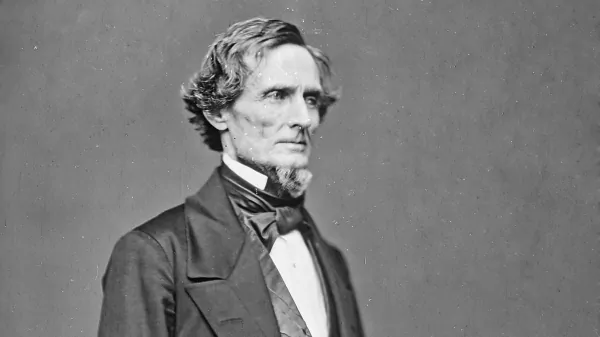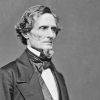By Bill Britt
Alabama Political Reporter
The Labor Day holiday has evolved over the years, according to the US Department of Labor. Honoring the Labor movement’s support of shorter hours, higher wages and to rally strikers grew organically throughout America during the 19th century. From Oregon to New York, workers and their families organized parades and picnics, celebrating the social and economic achievements of American workers.
The irony of memorializing Labor’s achievements in a right-to-work state is another example of human nature’s ability to forget the struggles of past generations, while enjoying, or in this case, ignoring their success.
Right-to-work is a misnomer formulated over time by big business and its cohorts, to diminish and destroy Labor unions.
The purpose of this article is not to argue the merits of union versus non-union, but to show how governments, far too often, plant a false flag to placate its citizens, with words that mislead them.
Who is against the right to work? It is a foundational principle of our Nation’s Declaration of Independence. But using words to deceive is as old as the Serpent in the Garden of Eden and employed most efficiently by government wordsmiths.
“One of the enduring myths of legislation designed to bring ‘right-to-work’ laws to the states, is the notion that these laws have something to do with the right to work,” writes Rick Ungar in Forbes magazine. “They decidedly do not.”
Unger further exposes the widespread misconception that unionism based on the concept of the “closed shop” was settled with the passage of the Taft-Hartley Act.
In 1947, the Taft-Hartley Act amended the National Labor Relations Act of 1935, ending the closed shop era and stated that employers must give the same benefits to union and non-union workers. It also states that individuals are not compelled to join or pay dues, even in an unionized company.
So-called conservative organizations like the American Legislative Exchange Council (ALEC) are promoting a “Right-to-Work Act,” for states around the nation. The boilerplate legislation that “provides that no employee need join or pay dues to a union, or refrain from joining a union, as a condition of employment. The Act establishes penalties and remedies for violations of the Act’s provisions.”
The argument for such legislation is that right to work laws promote economic development, job growth and higher wages.
According to a report by Heidi Shierholz and Elise Gould for The Economic Policy Institute (EPI), the name [Right to Work] is misleading because the “laws do not guarantee a job for anyone.” Their study found, wages in right-to-work states are 3.2 percent lower than non-RTW states, employer-sponsored health insurance 2.6 percentage points lower in RTW states compared with non-RTW states and employer-sponsored pensions is 4.8 percentage points lower in RTW.
They also state that right-to-work laws “make it illegal for a group of unionized workers to negotiate a contract that requires each employee who enjoys the benefits of the contract terms to pay his or her share of costs for negotiating and policing the contract.”
This provision directly limits the financial viability of unions, reducing their strength and ability to negotiate favorable contracts, higher wages, and better benefits.
According to Unger’s findings, Taft-Hartley “requires that the union be additionally obligated to provide non-members with virtually all the benefits of union membership,” even a worker chooses not to join the union.
The Old Serpent told Adam and Eve they would be like God if they eat the fruit.
Like the Federal Affordable Care Act or the Alabama Accountability Act, the words don’t always mean what we are led to believe they mean.
So, as we celebrate the contributions made by the workers who came before us, let us not be deceived or mock the accomplishments of those men and women on whose labor we have built a great nation, by falling to understand what words mean.



















































